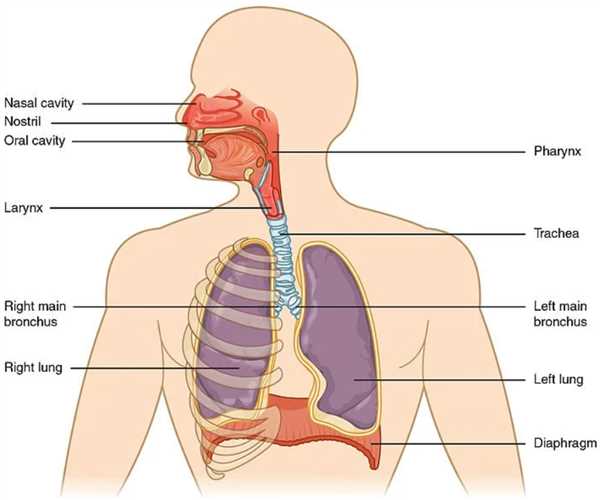The lungs are the primary organ responsible for removing carbon dioxide from the body. Carbon dioxide is a waste product produced by cells during metabolism. It is carried in the bloodstream to the lungs, where it is exhaled out of the body.
When you breathe in, oxygen from the air moves into your lungs and is absorbed into your bloodstream. At the same time, carbon dioxide moves from your bloodstream into the air in your lungs and is exhaled out of your body when you breathe out. This process, known as gas exchange, is essential for maintaining the balance of oxygen and carbon dioxide in your body.
The oxygen that is absorbed into your bloodstream is used by your cells to produce energy through a process called cellular respiration. Carbon dioxide is produced as a by-product of this process and is carried in the bloodstream back to the lungs to be exhaled out of the body.
In addition to the lungs, other organs in the body, such as the skin and kidneys, also play a role in removing waste products, including carbon dioxide, from the body. The skin helps to regulate body temperature and eliminates waste products, including carbon dioxide, through sweat. The kidneys filter the blood and remove waste products, including carbon dioxide, from the body in the form of urine.

How is carbon dioxide excreted from the body?
Carbon dioxide is excreted from the body through a process called respiration. When you breathe in, oxygen from the air moves into your lungs and is absorbed into your bloodstream. At the same time, carbon dioxide moves from your bloodstream into the air in your lungs and is exhaled out of your body when you breathe out. This process, known as gas exchange, is essential for maintaining the balance of oxygen and carbon dioxide in your body.
In addition to being excreted through the lungs, carbon dioxide is also eliminated from the body through the kidneys in the form of urine and through the skin in the form of sweat. The skin helps to regulate body temperature and eliminates waste products, including carbon dioxide, through sweat. The kidneys filter the blood and remove waste products, including carbon dioxide, from the body in the form of urine.
Overall, the removal of carbon dioxide from the body is essential for maintaining homeostasis and ensuring the proper functioning of the body's systems.